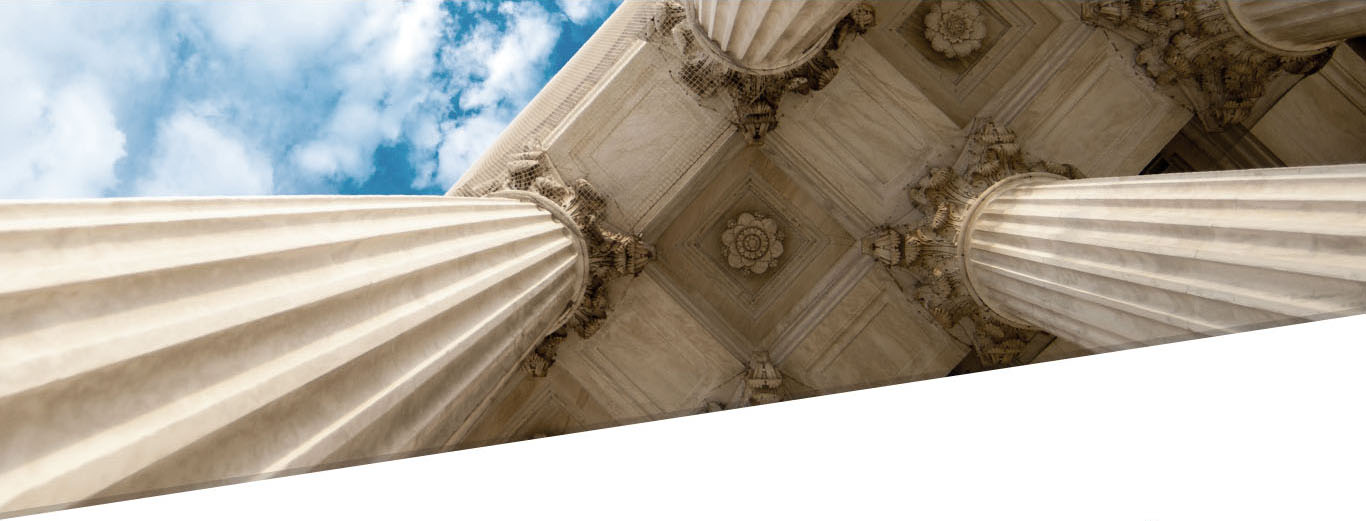On July 24, the Appellate Division, Second Department issued a ruling upholding the denial of a protective order with respect to cell phone records. The case arose from a 2017 accident in Levittown, New York after a motor vehicle struck a pedestrian as they were crossing the street. The accident occurred at approximately 6:00 p.m. The driver of the motor vehicle left the scene. They then denied any involvement in the accident. Several months later, the pedestrian brought an action against the driver to recover damages for personal injuries he allegedly sustained as a result of the accident.
Depositions were conducted of the plaintiff, the driver of the vehicle and a witness who was at the scene immediately after the accident occurred. Following the depositions, the plaintiff served a demand on the driver for the driver’s cell phone records for the day of the accident. The defendant objected to the demand. At an initial compliance conference, a Nassau County Supreme Court Judge verbally directed the defendant to produce the subject telephone records. Following the direction, the defendant moved pursuant to CPLR §3103 for a protective order against the production of the cell phone records. The plaintiff opposed the defendant’s motion and cross-moved pursuant to CPLR §3126 to compel the production of the records. On November 8, 2018, an Order was issued by the Supreme Court of Nassau County denying the defendant’s motion and granting the plaintiff’s cross-motion to the extent of cell phone records for the date of the accident between 4:00 p.m. and 7:00 p.m. The defendant appealed.
On appeal, a panel of the Appellate Division, Second Department reviewed CPLR §3103 and determined that the statute is to be interpreted liberally to require disclosure, upon request, of any facts bearing on the controversy which will assist preparation for the trial by shaping the issues and reducing delay and prolixity. While recognizing that, the Court also noted that the statute does not give a party the right to uncontrolled and unfettered disclosure. In applying that standard to the case at bar, the Court found that the plaintiff’s request for the cell phone records was not a mere fishing expedition. Instead, the plaintiff adequately demonstrated that the request for the records may result in the disclosure of relevant evidence and was sufficiently related to the issues in litigation. The Court concluded by stating that the Court’s denial of the defendant’s protective Order was proper and the limitation to the hours of 4:00 p.m. to 7:00 p.m. was appropriate.
To read a full copy of the decision click here.








